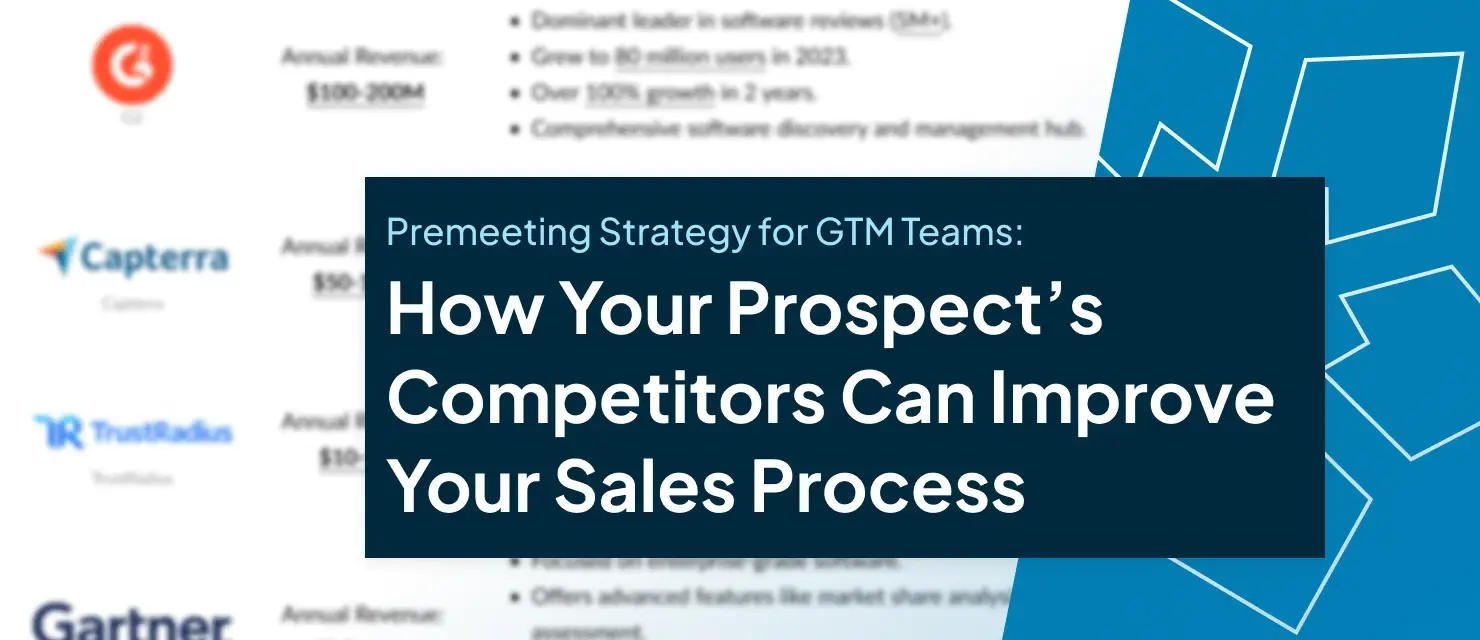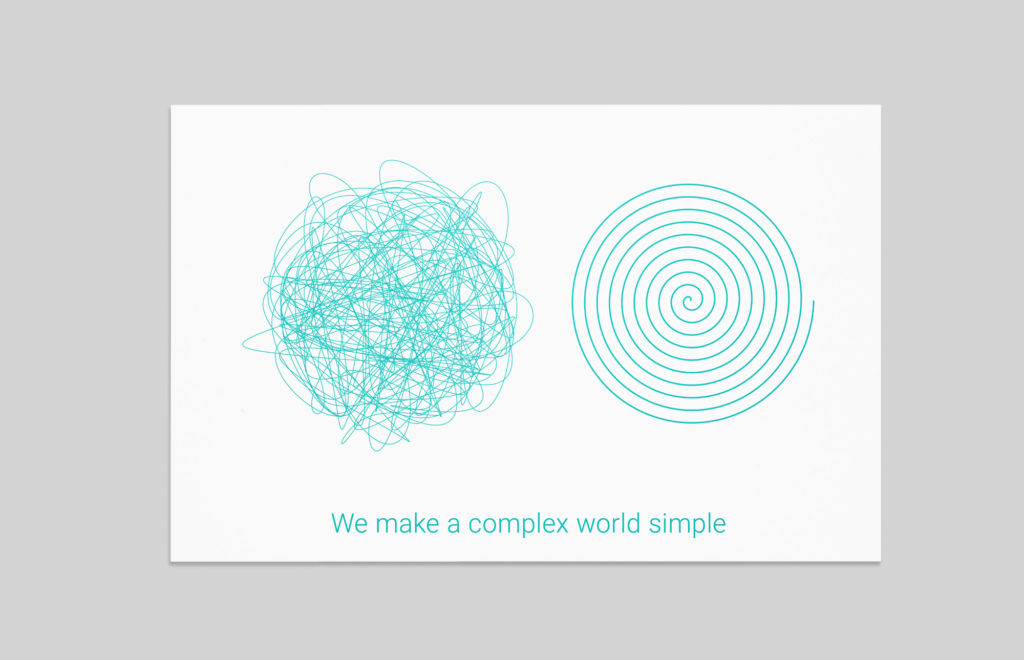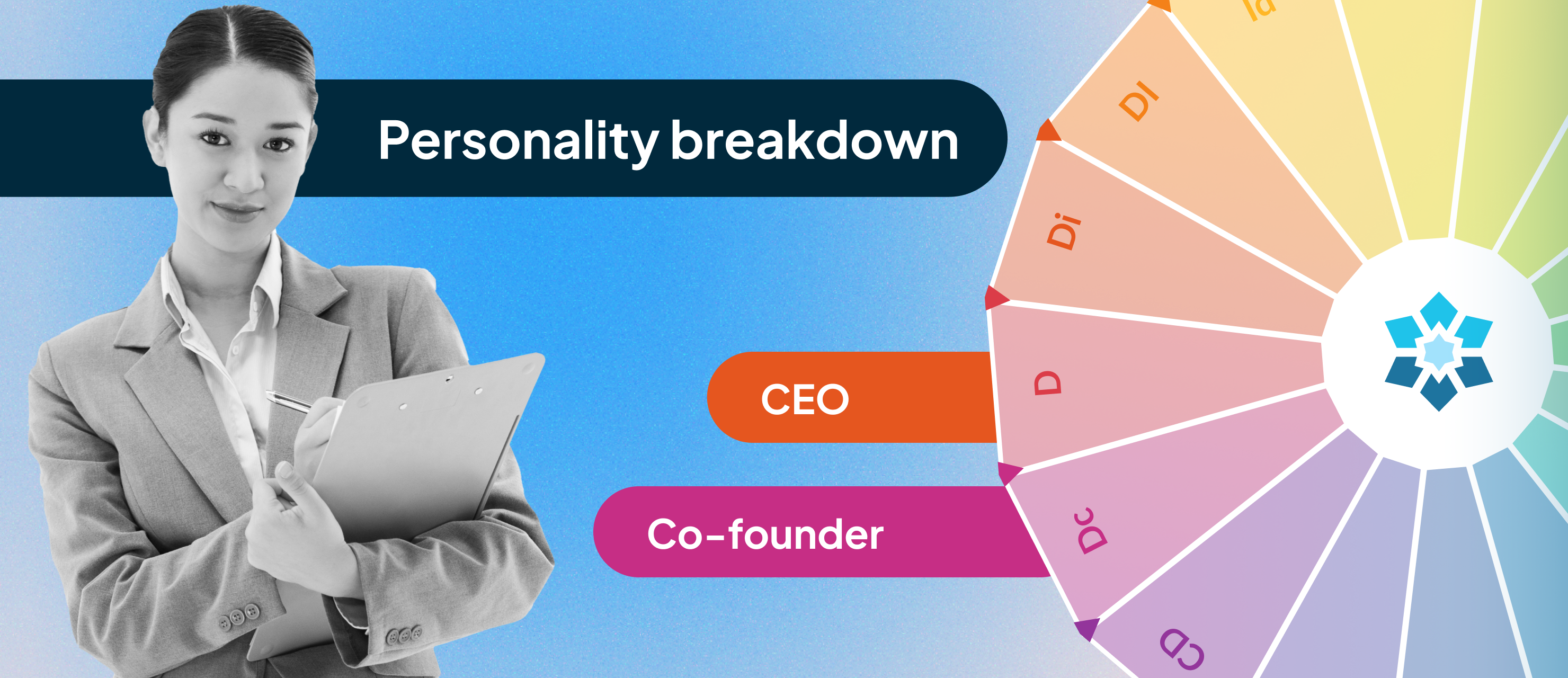
Meeting Preparation
You've got their company info memorized, and you've noted down their personal traits.
But do you know what their competitors are up to?
If you're chatting with Microsoft, you'd better be clued in on Google's latest moves. Meeting with DoorDash? Uber Eats should be on your radar.

Welcome to the sixth and final installment in our series on supercharging your pre-meeting strategy for Go-To-Market teams. Today, we're diving into competitive intelligence — the ace up your sleeve that can truly set you apart in client meetings.
This isn't just about impressing your prospect with industry trivia. It's about understanding their world and positioning yourself as the partner who can help them dominate in it.
![]()
Competitive Intelligence and Why Is It Important
Competitive intelligence encompasses the entire industry ecosystem shaping your prospect's business decisions. This knowledge spans market trends, technological advancements, and strategic moves by key players that influence your prospect's position.
In today's rapidly evolving business landscape, your prospect faces challenges from established competitors, disruptive startups, and emerging technologies. Demonstrating a comprehensive grasp of their competitive environment elevates you from vendor to strategic partner.

Imagine meeting with a FinTech startup. Prepared with competitive intelligence, you can discuss how traditional banks adapt to digital transformation, blockchain's impact on financial services, and regulatory changes reshaping the industry.
It’s this insight that allows you to tailor your offering to their specific challenges and opportunities, showcasing how your solution can help them gain a competitive edge.
![]()
The Best Sources for Gathering Competitive Intelligence
Industry reports from firms like Gartner, Forrester, and IDC provide comprehensive sector overviews and future predictions. Social media platforms, particularly LinkedIn and X (Twitter), offer real-time updates on competitor activities, including product launches and partnerships.

Google Alerts for competitors and industry keywords keep you informed about recent developments. Competitor websites reveal changes in messaging, pricing, or product offerings. Competitive analysis tools like SEMrush or Ahrefs offer insights into digital strategies, including keyword rankings and backlink profiles.
For publicly traded companies, quarterly and annual reports offer strategic information. This intelligence enables meaningful, strategic conversations that demonstrate your value as a partner in navigating your prospect's complex business environment.
Overall, effective competitive intelligence relies on diverse, reliable sources. Here’s a full list of some of the best:
- Industry Reports
- Social Media
- News Sources
- Competitor Websites
- Competitive Analysis Tools
- Financial Reports
![]()
Tailoring Pre-Meeting Preparation Using Competitive Intelligence
Competitive insights should form the backbone of your pre-meeting strategy. Begin by mapping your prospect's position within their industry, identifying strengths, weaknesses, and unique challenges relative to key competitors. This groundwork allows you to customize your discussion points effectively.
For instance, if your prospect is trailing in digital transformation, prepare case studies showcasing how your solution has helped similar companies catch up or even surpass competitors. Conversely, for market leaders, focus on strategies to maintain and extend their advantage.

Anticipating objections becomes easier when you're well-versed in their competitive landscape. If a rival product boasts a feature your prospect's product lacks, be ready to articulate how your solution's overall value proposition outweighs that single feature. Consider discussing industry trends and potential future developments, demonstrating your commitment to keeping them ahead of the curve.
Throughout your preparation, practice articulating how your offering can enhance your prospect's competitive advantage. Develop compelling statements that highlight how your offering addresses specific pain points better than their competitors' offerings.
For example: "While Competitor X offers basic data analytics, our AI-powered insights have helped companies in your industry increase market share by an average of 15% within the first year."
![]()
Enhancing Value Proposition Through Competitive Intelligence
A comprehensive understanding of the competitive landscape allows you to refine your value proposition, making it resonate more deeply with your prospect's specific situation. The goal is to demonstrate how your offering not only solves a problem but does so in a way that gives your prospect a unique edge in their market.
Think about a SaaS company selling project management software. Through competitive intelligence, they discover that while their main competitor offers more features, users often find it overwhelming.
This insight allows them to tailor their value proposition: "Our streamlined interface focuses on the core features teams actually use, increasing adoption rates by 35% compared to complex alternatives. This translates to faster project completion and higher team productivity."

When highlighting your unique selling points, directly address the competitive gaps you've identified. If you've learned that competitors struggle with customer support, emphasize your 24/7 dedicated support team. If your product integrates with a wider range of tools, showcase how this flexibility provides a strategic advantage in managing their tech stack.
Whenever possible, use concrete examples and data points to support your claims: "Our AI-driven forecasting has helped companies in your industry reduce inventory costs by an average of 22%, outperforming the nearest competitor's solution by 8 percentage points."
By grounding your value proposition in competitive intelligence, you demonstrate a nuanced understanding of your prospect's challenges and position yourself as a strategic partner in their success. This approach transforms your offering from a mere product or service into a vital asset that can reshape your prospect's competitive standing.

Your Secret Weapon for Sales Success
As we wrap up our series on pre-meeting strategies for GTM teams, it’s clear that competitive intelligence is the final piece of the puzzle. By mastering this skill, you’ll enter every meeting armed with insights that can truly set you apart.
At premeeting.com, powered by Crystal, our pre-meeting insights encapsulate all the elements we've discussed in this series, including competitive intelligence. By leveraging these insights , you can approach every meeting with confidence, ready to demonstrate your value as a strategic partner.
Want to see how premeeting.com can elevate your pre-meeting preparation? Sign up for our beta and receive an example of our pre-meeting insights straight to your email.
Recommended posts
Why Crystal?
Personality
Content








